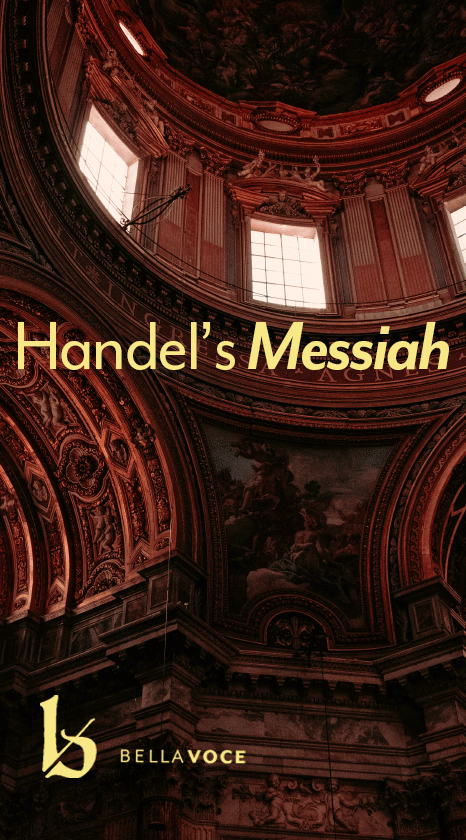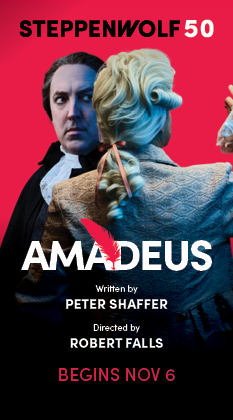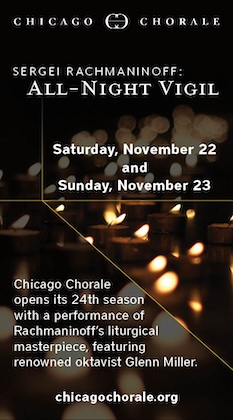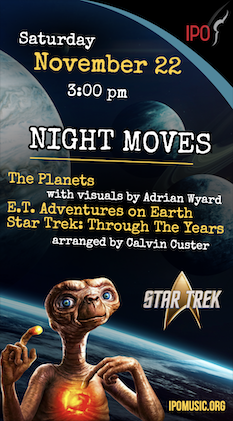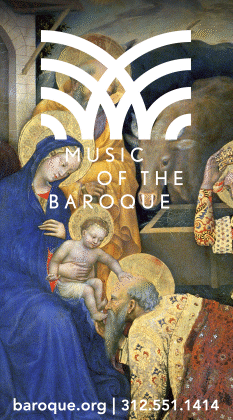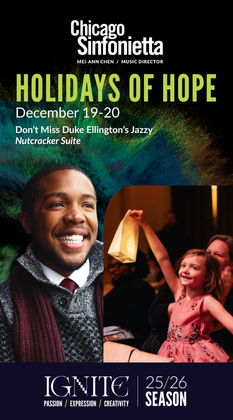MIC’s George Crumb Festival closes with a varied feast
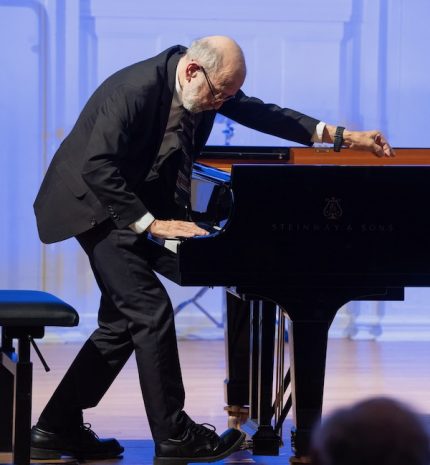
Amid season-long cycles commemorating the anniversaries of bygone musical monoliths, it is easy to overlook living composers who in our own time have expanded the canon and innovated into the current century.
Consequently, such thoughtful feats of curation as the Music Institute of Chicago’s George Crumb Festival—which took place over two nights in MIC’s Nichols Concert Hall in Evanston to mark the composer’s recent 90th birthday–come as a breath of fresh air.
The second night of the festival on Saturday focused on a number of works from Crumb’s most distinguished period, including Vox Balaenae (Voice of the Whale) from 1971. Inspired by a recording of the vocalizations of the humpback whale, Crumb’s evocative piece for an amplified trio of flute, cello, and piano is now one of his most widely performed chamber works. The work was performed by members of Chicago’s own Fifth House Ensemble, who have championed the work through several local performances of the piece in recent years.
Flutist Jenny Oh Brown, cellist Herine Coetzee Koschak, and pianist Katherine Petersen, dispatched the piece’s technical demands with sure-footed finesse. The trio explored the range of timbres and dynamics with uncanny control, taking full advantage of the torrential outpouring of sound afforded them by amplified rig in the work’s most brazen moments. Cellist Coetzee Koschak was particularly compelling—whether in skittering harmonics, throbbing ostinati, or rarefied whistling, each of her musical gestures was precise and nuanced.
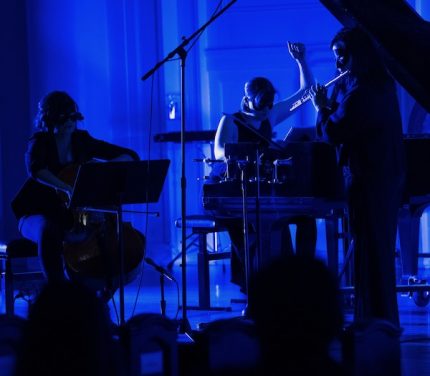
Donning black half-masks and performing in an aura of blue light (per the composer’s instructions), the musicians were equally committed to the theatrical elements of Crumb’s cetean evocation. Their subtle choreography of physical gestures and staging were as well-considered as the sounds they produced, and the players were in command not just of their sound, but of the ambience it created.
That atmosphere was not impervious to interruption, however. An errant cough from an audience member, while distracting, may be unavoidable; much more unfortunate, though, was the electronic hum emanating from one of the speakers, which was enough to keep the experience from reaching a level of fathomless immersion.
The evening’s most expansive entry was Makrokosmos II, the first of two works for solo piano on this program. Falling into a lineage of keyboard works that originated with Bach’s Well-Tempered Clavier, Makrokosmos I and II survey the range of technical possibilities on the keyboard in a manner that pushes the envelope artistically—in this case, using an arsenal of plucked strings, harmonics, and additional implements (including a glass slide and a wooden mallet) to expand the piano’s sonic toolkit.
With an impressive resume that includes a number of Crumb world premieres, pianist Jeffrey Jacob seemed the man for the job. A technically sound pianist, Jacob recited the score’s litany of extended techniques with surety and poise; yet for all the mysticism suggested by the piece’s subtitle (Twelve Fantasy-Pieces after the Zodiac), this performance was missing a certain spark. In its most pedestrian moments, these extra-tonal elements lacked conviction, and came off like a string of sound effects rather than a true soliloquy of tone and timbre.
The movements with a more consistent musical character fared better, as in “Rain-Death Variations (Pisces),” which was enlivened by a spritely performance. Even among these, highlights did emerge: in “Voices from ‘Corona Borealis’ (Aquarius),” Jacob’s austere whistling cast an ominous shadow over a mélange of knocks, scrapes, and plucks from within the piano, and he brought an apocalyptic fire to the guttural rumblings of “Tora! Tora! Tora! (Scorpio)” that shook the stage.
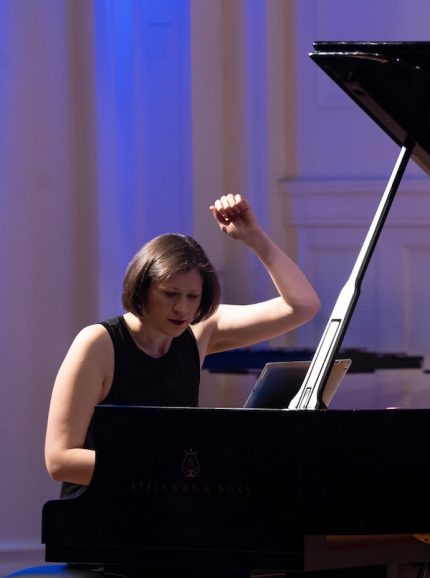
The other solo piano work, Eine Kleine Mitternacht Musik, was the only piece on the program composed after the turn of the millennium. A set of variations on Thelonious Monk’s “’Round Midnight,” Eine Kleine Mitternacht Musik refracts the jazz composer’s melancholy theme through Crumb’s own idiomatic timbral vocabulary, at once suggesting heartbroken sleeplessness and things that go bump in the night. Pianist Katherine Peterson delivered a standout reading, both in tracing the jazz standard’s delicate melody among Crumb’s angular figurings and in the meaty open-voiced chords that suggest Monk’s own harmonic sensibilities.
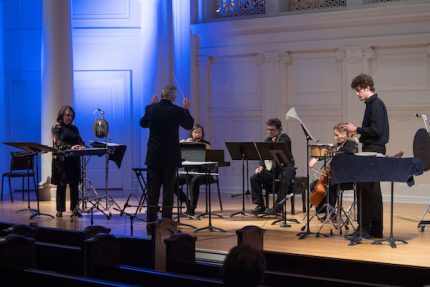
Appropriately marking another recent anniversary was Night of the Four Moons, which Crumb composed in 1969 as a wry commentary on the Apollo 11 mission. Mezzo-soprano Barbara Ann Martin—another Crumb specialist—excelled in these settings on poems of Federico Garcia Lorca, demonstrating a firm grip on both the piece’s technical demands and the inherent irony of the text. Conductor James Setapen led an ensemble of flute, cello, banjo, and percussion which wove an exotic and eerie backdrop behind Martin’s vocalism, with particularly haunting incantations from flutist Caroline Pittman threading silvery arabesques through the texture.
Though the quality of performance was consistently high throughout the evening, credit is most due to the Music Institute of Chicago (as well as the American Music Project, which funded this festival). Not only did MIC organize a thoughtful tribute to one of the most consequential composers of our time, but it recognized the timeliness of such an occasion, giving the composer’s 90th birthday season its just due while such a singular musician as George Crumb is still in our midst.
Posted in Performances
